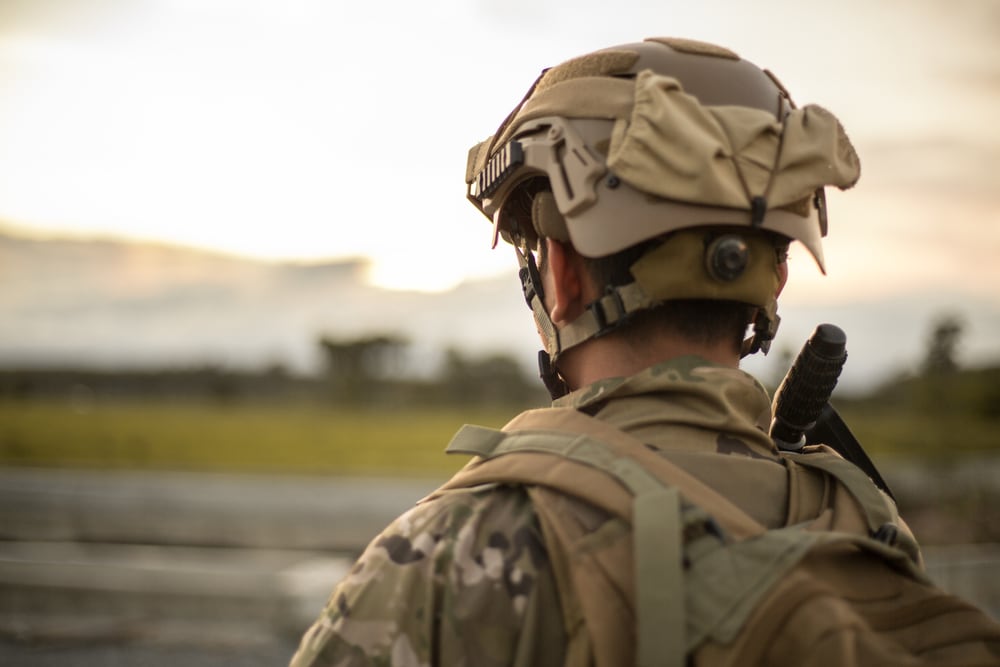Dear America, please remember Skokie
In recent weeks, America’s presidential campaign politics have gotten uglier. Much uglier.
The protests have gotten out of hand. Showing up at political events to call candidates’ supporters names like “racist” and interrupt their speeches has become commonplace. Individuals have climbed onstage uninvited in order to promote their own political causes or, in at least one instance, possibly to assault an office-seeker.
This past weekend in Chicago, thousands of people cheered when the event of someone they disliked was canceled due to brawls.
I have heard reasonable individuals cheer on these disruptions at political rallies. In some instances, the apologists excuse the disruptions as being OK because they serve a higher cause. In other instances, I have heard the chaos characterized as unobjectionable because the candidate is a bad person who brought it upon himself.
I wonder, have many of my fellow Americans forgotten about Skokie?
Thirty-nine years ago, the Nationalist Socialist Party of America announced it would hold a demonstration in Skokie, Illinois. At the time, more than half the city’s residents were Jewish, with Holocaust survivors among them. It was going to be a small gathering: 30 to 50 bozos dressed in Nazi uniforms marching single file in front of Skokie Village’s town hall.
The city government filed suit to prohibit the march and passed statutes prohibiting Nazi demonstrations. Local authorities warned that allowing the National Socialists to speak could result in riots and bloodshed and demanded the Nazis post a $350,000 public-safety bond. They had to be muzzled for the public good, Illinois’ Cook County Circuit Court agreed.
A federal court overruled the Skokie anti-Nazi speech laws and the American Civil Liberties Union, on behalf of the Nazis, asked the U.S. Supreme Court to hear the case. Chief Justice Warren Burger and conservatives on the court thought little of the Nazis’ petition. Liberal John Paul Stevens believed there was a civil-rights issue, and accepted the case. In the end, Stevens and fellow liberals on the court – Harry Blackmun, William Brennan and Thurgood Marshall – along with right-leaning Lewis Powell, ruled in favor of the Nazis. The majority in National Socialist Party v. Skokie declared that the actions of Skokie and Illinois were a denial of the Nazis’ First Amendment rights.
The Skokie case also helped underscore a difference too often forgotten: that a free society does not fear offensive or hateful speech, nor should it try to quash it. About 15 years later, the court underscored this point when it unanimously struck down a local Minnesota ordinance that banned speech that “arouses anger, alarm or resentment in others on the basis of race, color, creed, religion or gender.”
Legal matters aside, the Skokie case highlights a more basic ethical matter: Do unto others as you would have them do unto you. Ask yourself: would I be happy if someone disrupted the speech of a candidate or other public figure I liked? Of course not. The whole purpose of showing up at a candidate’s speech or rally is to hear the candidate, so as either to affirm your support or to help you decide. This experience is fouled when protesters inside the event interrupt it or prevent the speaker from having his say.
So let’s remember Skokie and hope that our better, and more rights-abiding, angels appear more often in the coming months.







